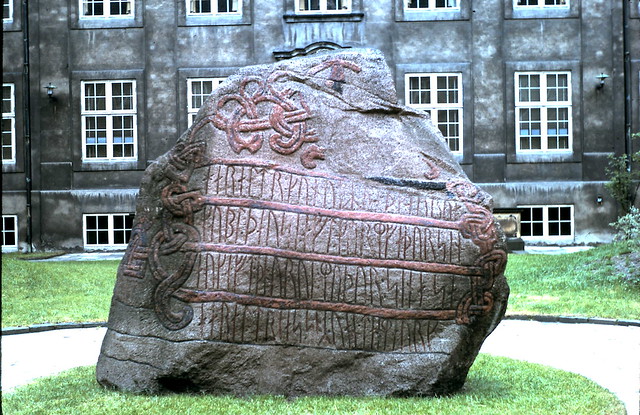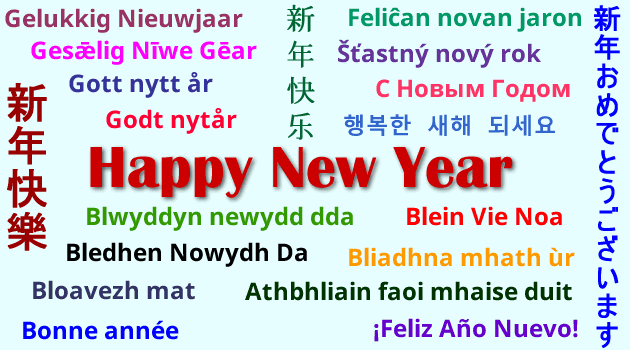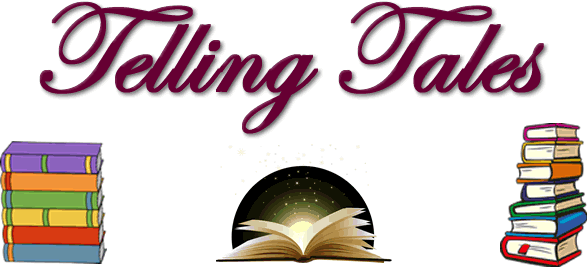Podcast: Play in new window | Download
Here are details of the latest developments on Omniglot websites and blogs.
The new languages on Omniglot this week are:
- Bajaw (Bajo), a Sama-Bajaw language spoken in the southern Philippines, eastern Malaysia and eastern Indonesia.
- Inabaknon, a Sama-Bajaw language spoken mainly in Eastern Visayas Region of the Philippines.
- Baybayanon, a Central Bisayan language spoken mainly on the island of Leyte in Eastern Visayas Region of the Philippines.
There’s a new adapated script – Ermənbası (Երմէնբասը) – which is a way to write Azerbaijani with the Armenian alphabet devised by Lily Desputeaux.
There are new numbers pages in: Buryat and Daur, which are Mongolic languages, and in Khitan, an extinct Para-Mongolic language.
On the Omniglot blog this week there’s a post about Resolutions, and the usual Language Quiz.
The mystery language in last week’s language quiz was Bajaw (Bajo), a Sama-Bajaw language spoken in Indonesia, Malaysia and the Philippines.
On the Celtiadur blog this week there are posts about words for Knives and Forks in Celtic languages.
In the Adventure in Etymology this week we’re delving into the secret and mysterious origins of the word rune.
I also made improvements to the Pohnpeian, Lun Bawang, Maguindanao, Pinyin and Melanau language pages, thanks to Wolfram Siegel.
For more Omniglot News see:
https://www.omniglot.com/news/
https://twitter.com/Omniglossia
https://www.facebook.com/groups/omniglot/
https://www.facebook.com/Omniglot-100430558332117
You can also listen to this podcast on: Apple Podcasts, Amazon Music, Stitcher, TuneIn, Podchaser, PlayerFM or podtail.
If you would like to support this podcast, you can make a donation via PayPal or Patreon, or contribute to Omniglot in other ways.





